地球科学学士(荣誉)学位-格拉斯哥大学国际学院
BSc (Hons) Earth Science - Glasgow International College (GIC)

学历文凭
Bachelor Degree with Honours

专业院系

开学时间

课程时长

课程学费

国际学生入学条件
Standard academic entry requirements: 36 points including three HL subjects at 6,6,5 guaranteed offer if additional requirements met.
Minimum academic entry requirements: 32 points including three HL subjects at 6,5,5 considered for offer if additional requirements met.
Additional requirements: Minimum of TWO relevant Science subjects at HL: SL6 will be considered for one.
International English Language Testing System (IELTS) Academic module (not General Training): overall score 6.5 no sub-test less than 6.0. ibTOEFL*: 90, no sub-test less than: Reading: 20, Listening: 19, Speaking: 19, Writing: 23
IDP—雅思考试联合主办方

雅思考试总分
6.5
- 雅思总分:6.5
- 托福网考总分:90
- 托福笔试总分:160
- 其他语言考试:PTE Academic (Pearson Test of English, Academic test): 60, no sub-test less than 59
CRICOS代码: F600
申请截止日期: 请与IDP联系 以获取详细信息。
课程简介
Earth Science is the study of the Earth system, in particular the interaction of geology with surface processes and environments, and associated natural and anthropogenic changes. Earth Science focuses on the study of past and future climate, water resources management, landscape evolution, environmental and natural hazard. You will use your understanding of the Earth system to solve real world socio-environmental problems. The flexibility of our programmes will enable you to choose your specialist subject after an integrated first and second year. We deliver a series of specialised courses that will uniquely prepare you for a career in geotechnical engineering.<br><br>Initially you will study the major themes of Earth Science, undertaking two courses in your first year. The first course covers fundamental geological principles, including the structure of the Earth, plate tectonics, earthquakes, volcanoes, how rocks deform, and the evolution of the oceans and continents. The second course covers the evolution of life, surface processes and environments, climate change, the sustainable exploration for resources and energy, and associated environmental remediation.<br><br>You will undertake two courses in the second year. The first course builds your knowledge of the solid Earth, focusing on key geological, geochemical and geophysical processes, and in particular the relationship between the deep Earth and crustal and surface processes. The second course develops your understanding of the evolution of Earth life and environments, changing climate and biogeochemical cycles, Earth exploration, and resource management. Years 3 and 4 If you progress to Honours (years 3 and 4) you will study a number of core courses covering past and future climates, hydrogeology and environmental geochemistry, geomorphology, Quaternary geoscience, landscape modelling, and natural hazards. You will also develop advanced practical skills in Earth observation, and spatial and numerical analysis.
相关申请
 预科
预科 奖学金
奖学金 实习机会
实习机会 在校学习
在校学习 跨境学习
跨境学习 校园授课-线上开始
校园授课-线上开始 在线/远程学习
在线/远程学习
开学时间&学费
学费信息仅供参考,请与IDP联系以获取详细信息
| 开学时间 | 时长 | 学费 | 地点 |
|---|---|---|---|
| 暂无 | 暂无 | 暂无 | 暂无 |
本校相关课程

强化英语-利物浦
学历文凭
English Language
开学日期
课程费用总额


硕士预科课程-布莱顿大学国际学院
学历文凭
Foundation for Postgraduate
开学日期
课程费用总额

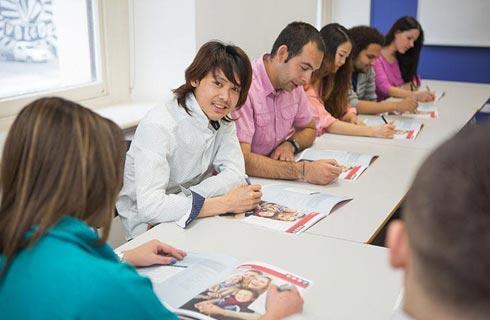
硕士预科课程
学历文凭
Foundation for Postgraduate
开学日期
课程费用总额

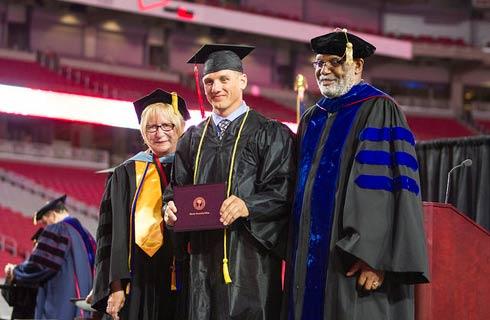
计算机基础证书-布莱顿大学国际学院
学历文凭
Foundation for Undergraduate
开学日期
课程费用总额


商业基础证书
学历文凭
Foundation for Undergraduate
开学日期
课程费用总额

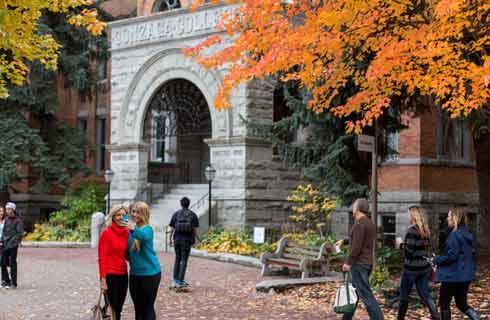
商业基础证书
学历文凭
Foundation for Undergraduate
开学日期
课程费用总额

其他相关课程

MGeol(荣誉)地质科学(国际)
 利兹大学
利兹大学泰晤士高等教育世界大学排名:118
学历文凭
Undergraduate Masters
开学日期
课程费用总额


Bachelor of Commerce and Bachelor of Science - Earth Science [Extended Major]
 昆士兰大学
昆士兰大学泰晤士高等教育世界大学排名:80
学历文凭
Dual Degree
开学日期
课程费用总额

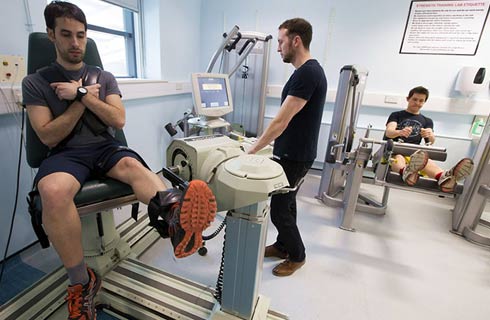
Bachelor of Advanced Science (Honours) -Coastal and Ocean Science
 昆士兰大学
昆士兰大学泰晤士高等教育世界大学排名:80
学历文凭
Bachelor Degree with Honours
开学日期
课程费用总额

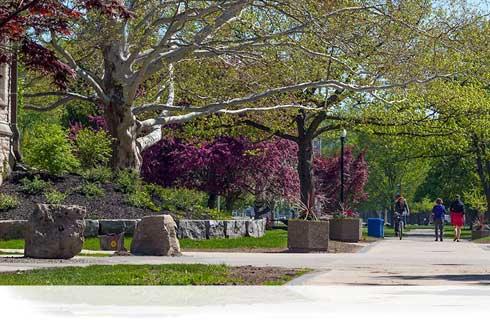
荣誉理学士学位-萨塞克斯大学-国际学习中心
 Study Group学习集团(英国)
Study Group学习集团(英国)学历文凭
Bachelor Degree with Honours
开学日期
课程费用总额


理学硕士气候变化与国际发展
 东安格利亚大学
东安格利亚大学学历文凭
Masters Degree (Taught)
开学日期
课程费用总额


气象与气候科学(荣誉)理学士学位
 利兹大学
利兹大学泰晤士高等教育世界大学排名:118
学历文凭
Bachelor Degree with Honours
开学日期
课程费用总额










